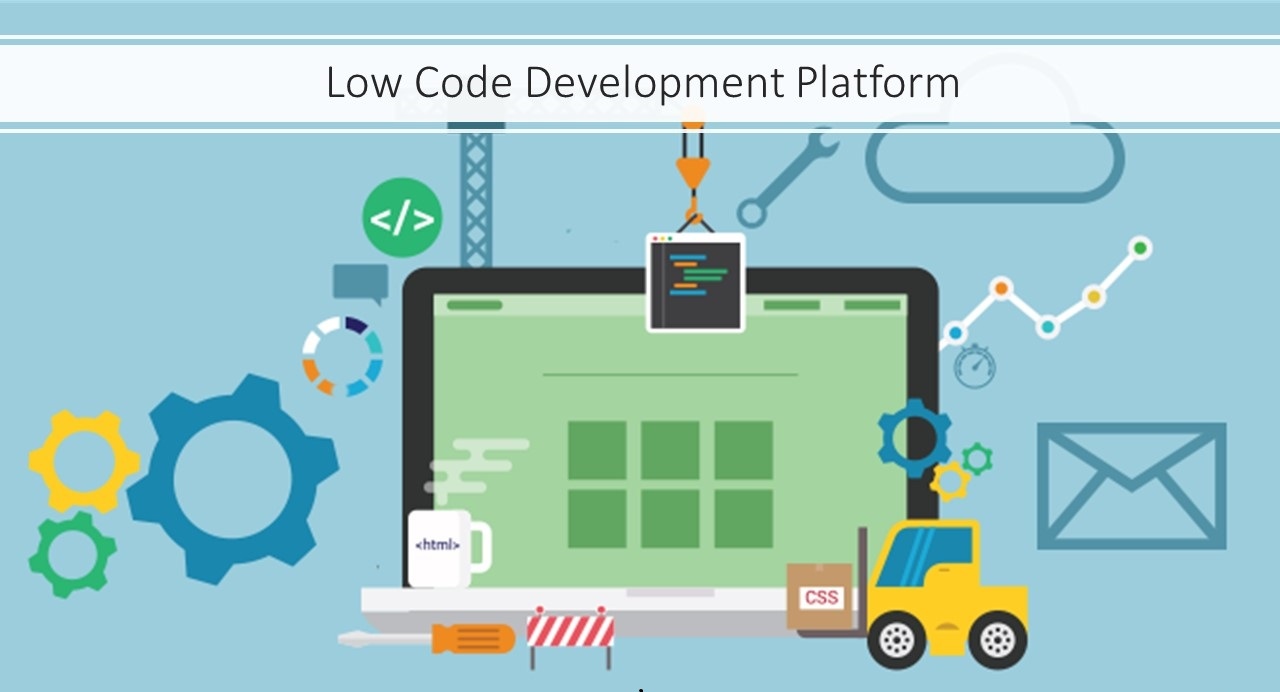Comparing Low Code Application Development Platforms: Which One is Right for Your Business?
No-code application platforms have emerged as game-changer for businesses of all sizes. These platforms allow businesses to create applications quickly and efficiently without requiring specialized coding skills. The no-code development process is highly visual and intuitive, making it easy for non-technical personnel to build applications.
Comparing Low Code Application Development Platforms
However, choosing the right one for your firm is essential with so many available platforms. So, this article will discuss the essential features to look for when comparing a low code application development platform and help you make an informed decision.
Ease of Use
One of the critical benefits of these development platforms is their ease of use. Look for platforms that have a user-friendly interface and offer drag-and-drop functionality. This will enable non-technical personnel to build applications without requiring coding expertise.
Flexibility and Customization
Every business has unique requirements, so your chosen application development platform must be flexible and customizable. So, look for platforms that can customize the application’s look and feel, workflows, and data structures to meet your business needs.
Integration Capabilities
Most businesses use multiple software applications to manage various aspects of their operations. Therefore, choosing a no-code application development platform that seamlessly integrates with your existing software stack is essential. As such, look for platforms offering robust APIs and pre-built connectors to popular business applications.
Security
Security is critical when developing applications, especially when dealing with sensitive data. So, look for development platforms that offer solid security features and compliance with industry standards like GDPR and HIPAA.
Scalability
As your business grows, your application requirements will change. Therefore, choosing a no-code application development platform that can scale as your business grows is essential. Look for platforms that offer flexible deployment options, such as cloud-based and on-premise, and can handle increasing data volumes and user traffic.
Collaboration and Workflow
Collaboration and workflow are essential features of any application development platform. So, look for platforms that allow multiple developers to work on the same application simultaneously, with features like version control and code merging. Additionally, look for platforms that offer workflow management features, such as task assignment and notification systems.
Support and Training
Even with a user-friendly platform, there may be times when you need support or training. Look for development platforms that offer comprehensive support, including documentation, user forums, and technical support. Additionally, look for platforms that provide training resources, such as tutorials, webinars, and online courses, to help you make the most.
Pricing
Pricing is, of course, a significant consideration when choosing an application development platform. Hence, look for platforms that offer transparent pricing models and clearly outline what is included in each pricing tier. Additionally, look for platforms that offer a free demo before committing to a paid plan.
App Store and Community
When choosing a low-code application development platform, consider the availability of an app store and community. An app store can be a valuable resource for finding pre-built components, templates, and integrations that can speed up your application development process. As such, look for a platform that offers an app store with a wide range of options and a community where developers can connect and collaborate.
Choosing the right development platform for your business can be challenging, but considering the above features, you can make an informed decision. As such, look for platforms that offer ease of use, flexibility and customization, integration capabilities, security, scalability, collaboration and workflow, support and training, and transparent pricing. With the right platform, you can accelerate your application development process, improve your business operations, and gain a competitive advantage.



